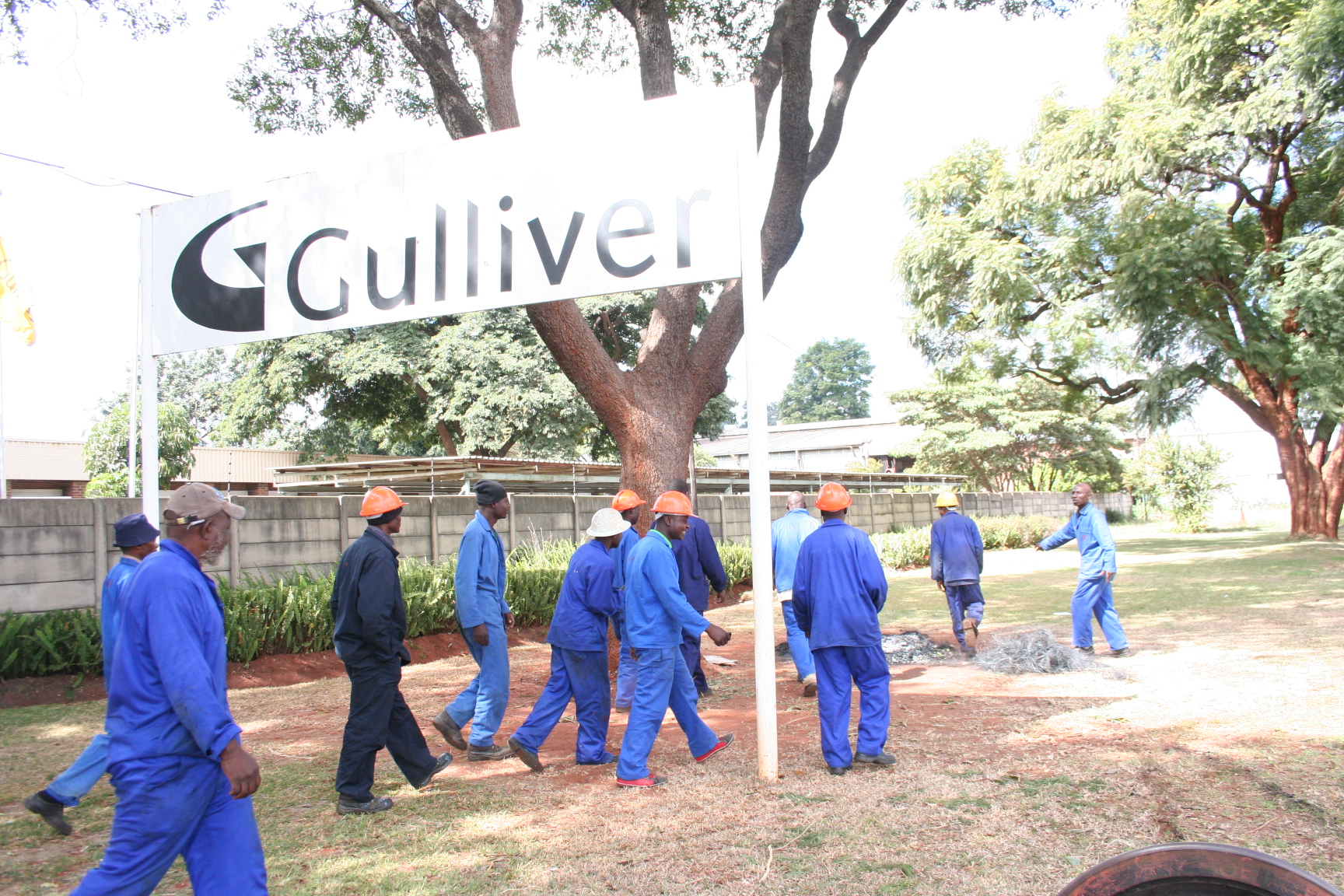
SOME troubled Bulawayo firms are unlikely to open anytime soon due to the prevailing difficult economic environment, analysts have said.
BY GAMMA MUDARIKIRI
Some companies in Bulawayo sent workers home penniless ahead of the Christmas and New Year’s holidays without indications of when they are likely to reopen for 2014.
Disgruntled employees of some affected companies said their respective management informed them they would get a call at the appropriate time asking them to report for duty.
Analysts said the situation pointed to a bleak 2014 as there were little prospects of growth in the next 12 months unless the government performs a miracle to rescue the struggling firms.
Information obtained from the offices of the Bulawayo Deputy Master of the High Court shows that 2013 ended with three more companies liquidating in the city while 12 others were placed under judicial management.
The three liquidated companies are Geozing Pawn Brokers Pvt Ltd, Dueze Oil Pvt Ltd and Walters Bakery Pvt Ltd, raising the spectre of the continued de-industrialisation of the city and the consequent rise in unemployment levels.
Twelve companies, among them Polyfoil Zim Ltd, Ocean Park t/a Tashas Supermarket Pvt Ltd, Paramount Motors Pvt Ltd, Lazen Burry Engineering, Impala Enterprises Pvt Limited and Lasker Brothers Pvt, were placed under judicial management during the past 12 months.
- Revisiting Majaivana’s last show… ‘We made huge losses’
- Edutainment mix: The nexus of music and cultural identity
- ChiTown acting mayor blocks election
- Promoter Mdu 3D defends foreigners 30 minute set
Keep Reading
But with the new Zanu PF government failing to inspire confidence in the economy in the new year, economic commentators are predicting gloom. They said government failed to avail the anticipated urgent financial rescue package for Bulawayo firms which have been in critical condition for a long time.
“The continued liquidation of companies and foreclosures is a very sad development for industries, particularly in Bulawayo. It is happening at a time when we had all hoped that things would be better,” said Bulawayo Business Arise administrator George Mukamba.
Presenting the 2014 budget recently, finance minister Patrick Chinamasa proposed a raft of measures to salvage the dilapidated industry which recorded a capacity utilisation of 39,6% last year.
He proposed an import substitution policy especially on household goods, adding that the government would strengthen anti-dumping laws in a move to reduce the dumping of cheap imported goods.
“A fair playing field with the external competitors or imports is necessary in protecting our infant and fragile industry,” said Chinamasa.
Although the anti-dumping policy is a welcome move for most players, the proposed hike of import duty on some goods has been criticised amid fears it will lead to an increase in prices as the local industry is depressed and cannot sustain consumer demand.
“The quantities which the local industry can produce are far below demand and increasing import duty would be a cost transferred to the consumer,” said economist John Robertson.
“We will see inflation generated by government taxes on imported goods,” he added.
Robertson said the government-proposed measures on the budget were not enough to address the plethora of challenges industry is facing, adding that there was need to come up with concrete measures in addressing power shortages and capital constraints.
Critics blame policy inconsistencies, chiefly the indigenisation law which calls for foreign companies to cede 51% of their shareholding to locals, as a stumbling block to efforts to end the economic stagnation.
The empowerment policy is seen by its critics as scaring away investors the country needs to be out of the woods.
Robertson added: “The indigenisation law is a dishonest policy. When we talk of empowerment, people must be having jobs, but the current policy is scaring away investment and as a result people continue to lose jobs,” he added.










